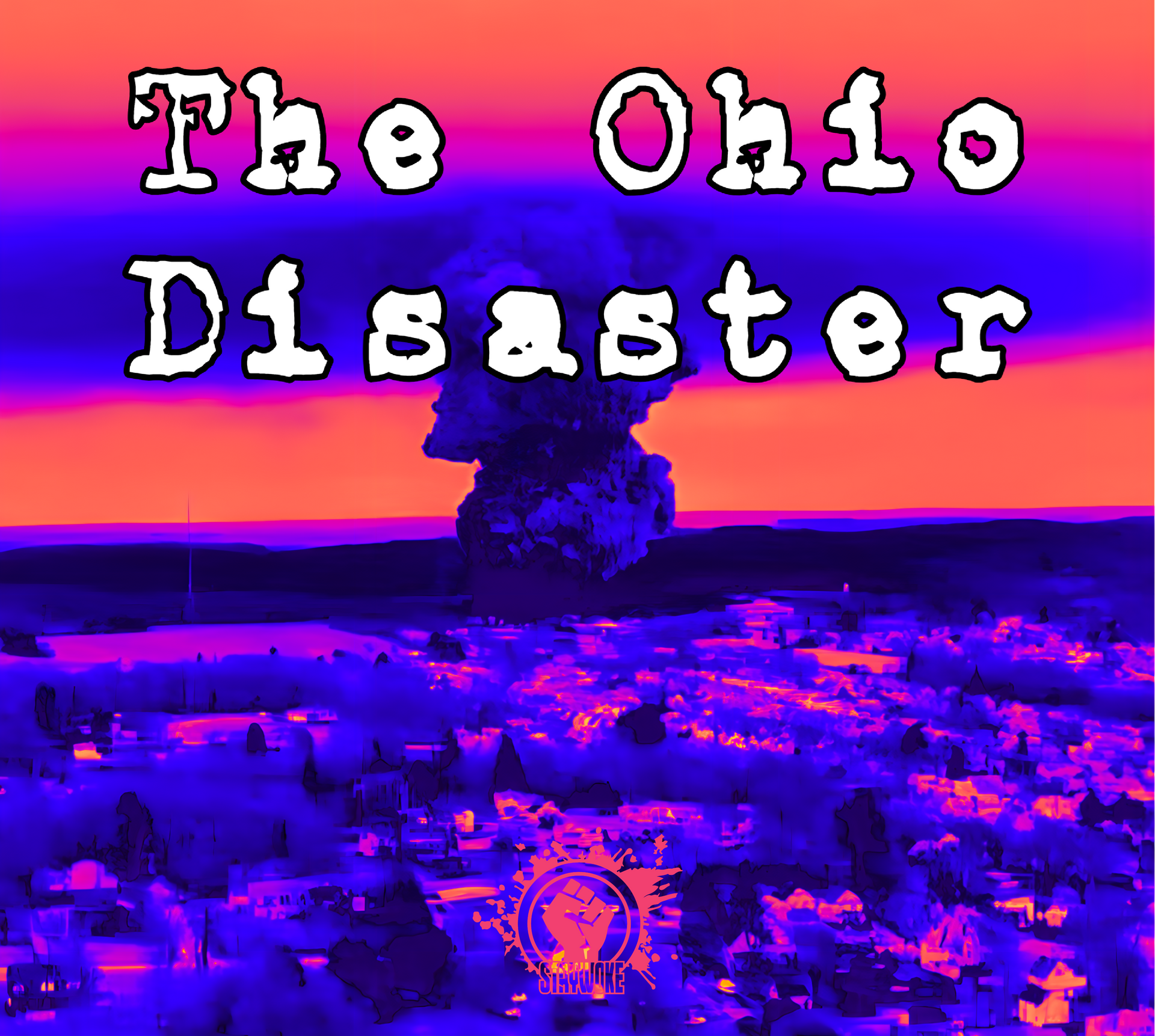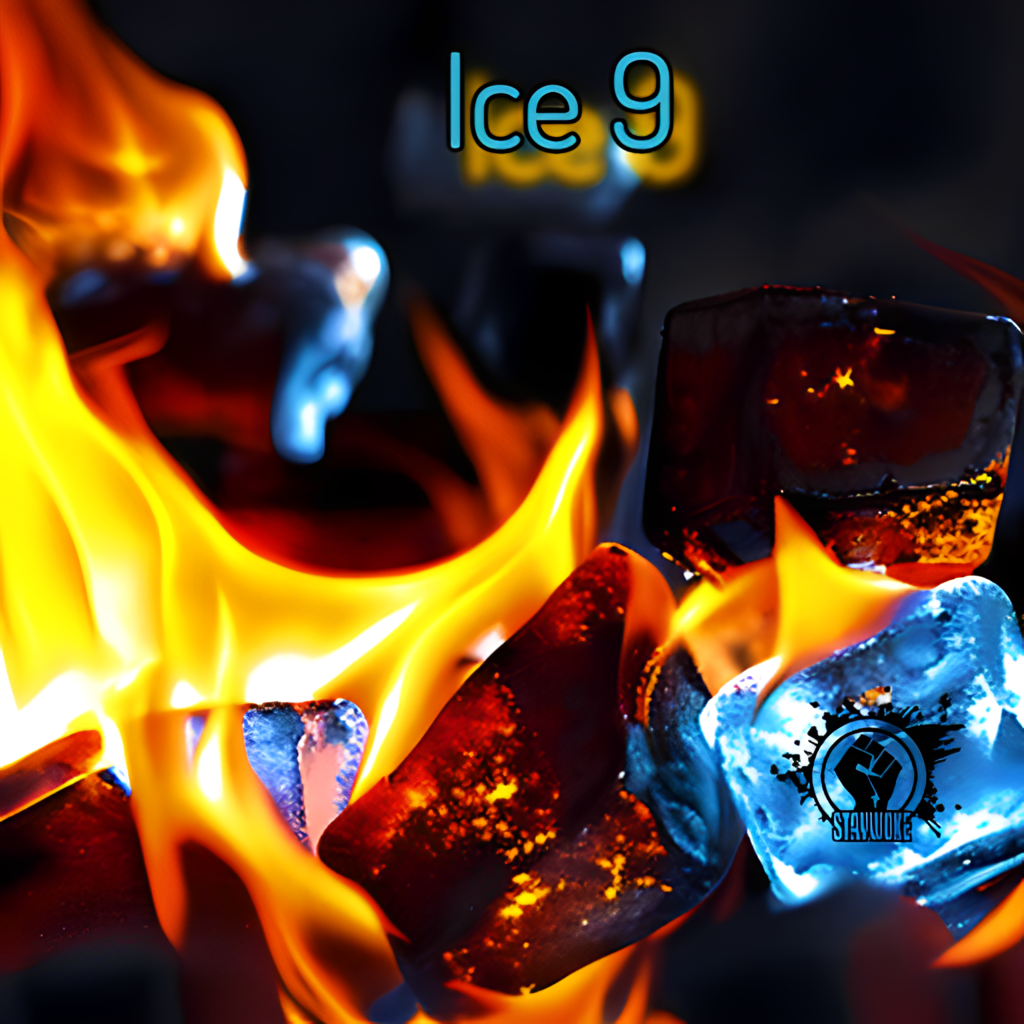In the 1700s, this then evolved to taking small amounts of puss and injecting it in the webbing between the fingers. Reports say the most serious adverse reactions to smallpox vaccination include postvaccinal encephalitis, progressive vaccinia, and eczema vaccinatum, all of which can be fatal, and fetal vaccinia, which can lead to stillbirth. Less serious reactions include generalized vaccinia, accidental inoculation of body sites remote from the inoculation site, fever, and rash. Accidental inoculation around the eye can lead to blindness.
Risk factors for serious reactions include compromised immune status (progressive vaccinia), eczema (eczema vaccinatum), and pregnancy (fetal vaccinia). These apply not only for people who are vaccinated, but also for people who have close contact with others who have been vaccinated, since such contact can expose them to the virus.
Findings concluded if you had the Vaccine you could still get Smallpox. Below is a video of the two opposing views.
It is said: A vaccine is a biological preparation that provides active acquired immunity to a particular infectious disease. A vaccine typically contains an agent that resembles a disease-causing microorganism and is often made from weakened or killed forms of the microbe, its toxins, or one of its surface proteins.
Yet, as the WashintonPost has quoted,
“one of the worst biological disasters in American history: a man-made polio epidemic,”
occurred. There have been many warnings from the CDC and WHO about how often you should receive "immunizations" in order to be safe when traveling. They also include the fact the Government is protecting the Big Pharmaceutical companies like Pfizer so if there are any reactions or death you cannot pursue them in any way. Read about the girl who suffered.
immune (adj.)
mid-15c., "free, exempt" (from taxes, tithes, sin, etc.), from Latin immunis "exempt from public service, untaxed; unburdened, not tributary," literally ""not paying a share," from assimilated form of in- "not, opposite of" (see in- (1)) + munis "performing services" (compare municipal), from PIE *moi-n-es-, suffixed form of root *mei- (1) "to change, go, move." Specific modern medical sense of "exempt (from a disease)," typically because of inoculation, is from 1881, a back-formation from immunity. Immune system attested by 1917.
cure (n.1)
c. 1300, "care, heed," from Latin cura "care, concern, trouble," with many figurative extensions over time such as "study; administration; office of a parish priest; a mistress," and also "means of healing, successful remedial treatment of a disease"
(late 14c.), from Old Latin coira-, a noun of unknown origin
. Meaning " medical care
" is late 14c.
cure (n.2)
"parish priest in France or a French country," from French curé (13c.), from Medieval Latin curatus "one responsible for the care (of souls)," from Latin curatus, past participle of curare "to take care of" (see cure (v.)). Also compare curate (n.).
cure (v.)
late 14c., " to restore to health or a sound state,
" from Old French curer and directly from Latin curare "take care of," hence, in medical language, "treat medically, cure" (see cure (n.1)). In reference to fish, pork, etc., "prepare for preservation by drying, salting, etc.," attested by 1743. Related: Cured; curing.
Most words for "cure, heal" in European languages originally applied to the person being treated but now can be used with reference to the disease.
Relatively few show an ancient connection to words for "physician;" typically they are connected instead to words for "make whole" or "tend to" or even "conjurer." French guérir (with Italian guarir, Old Spanish guarir) is from a Germanic verb stem also found in in Gothic warjan, Old English wearian "ward off, prevent, defend" (see warrant (n.)).
Scientifically speaking no Vaccines have completely destroyed any diseases, but they have increased death tolls during times of so-called mass sicknesses. The fear-mongering received from our local government, local officials, and paranoid neighbors. According to The New York Times, trials by the makers of the vaccine, Pfizer and Moderna, only tracked whether vaccinated individuals became sick. The trials did not track whether vaccinated people caught the virus without developing symptoms and whether those asymptomatic carriers might spread the virus through their communities.
This is a pretty dark truth. It means the vaccine will not even be able to help “stop the spread.”
Both Pfizer and Moderna are using experimental technology that employs mRNA. There is currently no vaccine on the market that uses mRNA, so these vaccines are a world-first. The AstraZeneca vaccine is based on time-tested technology that employs a "harmless" cold virus (called adenovirus) that has been genetically modified to stimulate an immune response against the coronavirus.
These vaccines involve injecting a sequence of genetic RNA material that was made in a lab into the body, where it invades the cells and takes over their protein-generating ribosomes to produce the coronavirus’s famous spike protein that gives it the crown-like appearance that inspired its name. Then, your body should, at least in theory, be trained to fight the virus if it encounters it later.
In short, these vaccines turn your body’s cells into factories that create proteins that spur a pathogen-specific immune response. mRNA vaccines are being hailed in some quarters for their breakthrough technology, and while they do have some advantages over traditional vaccines, the fact remains that we simply do not know anything about their long-term effects.
All too often the vast majority take news media and horribly sourced blogs as fact. Our Medical books and historic material have been edited to eliminate the horrid facts that hide behind modern medicine. It is our individual responsibility to seek, research, and critically think about the information provided even in this post.



